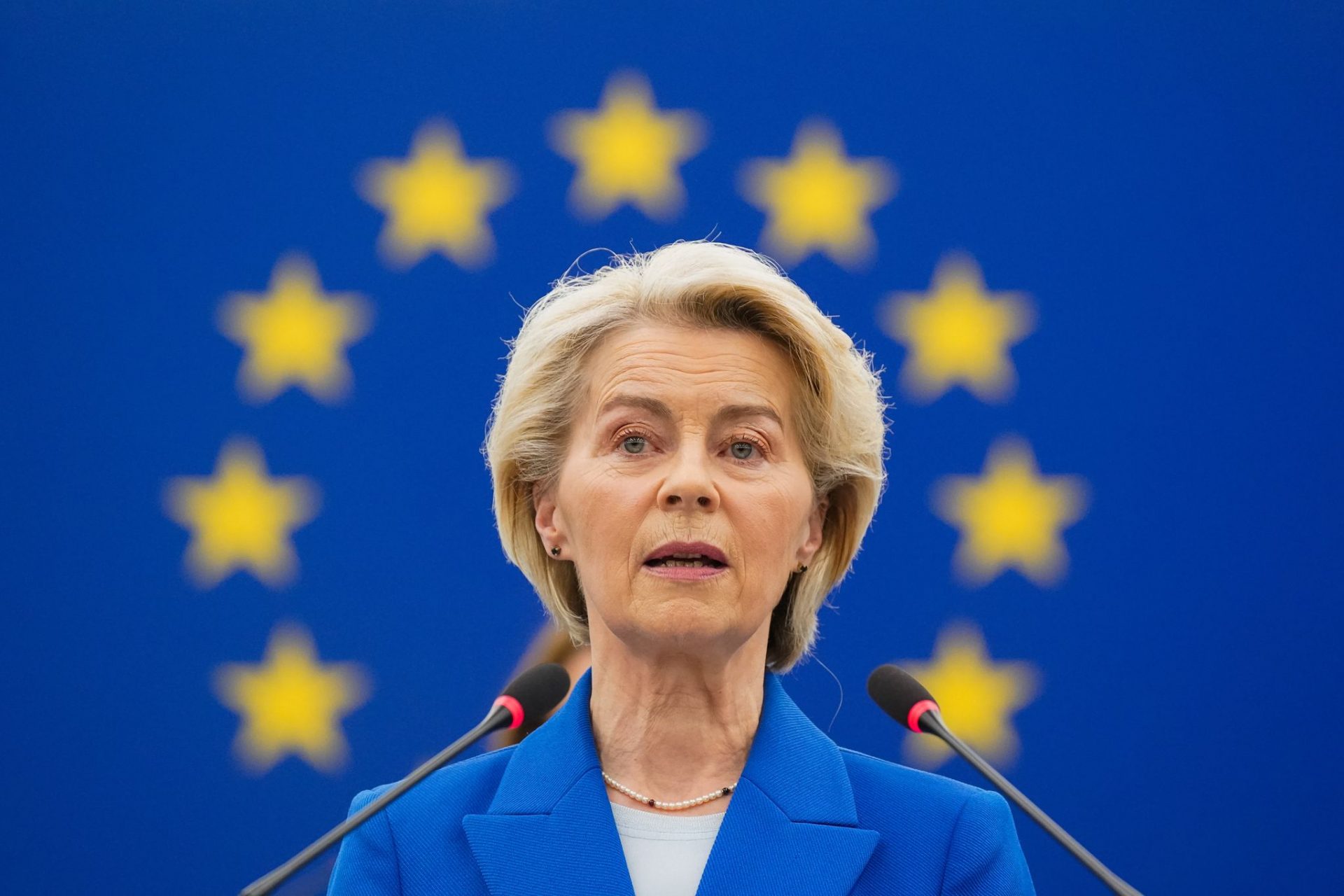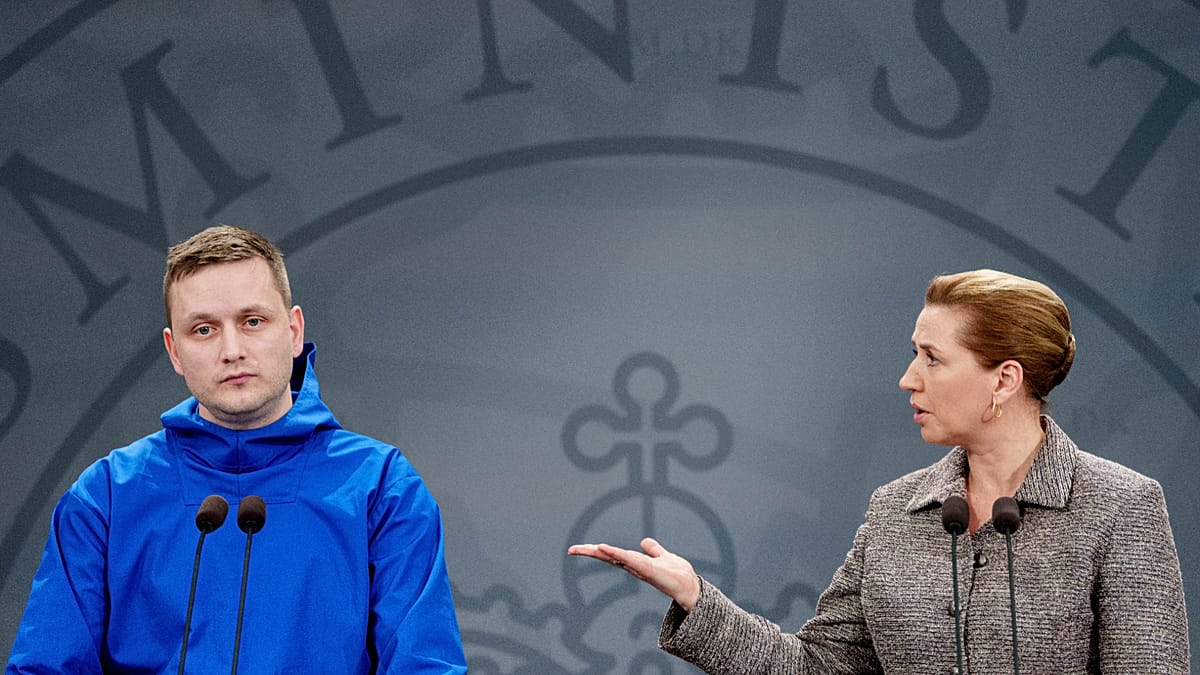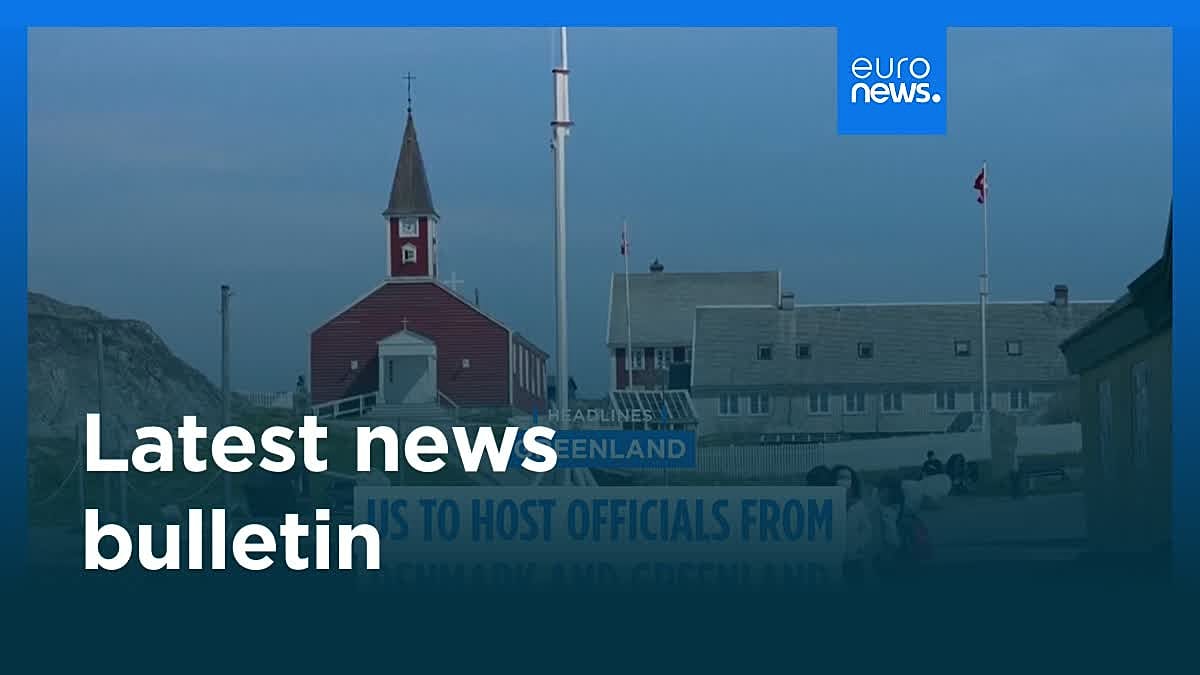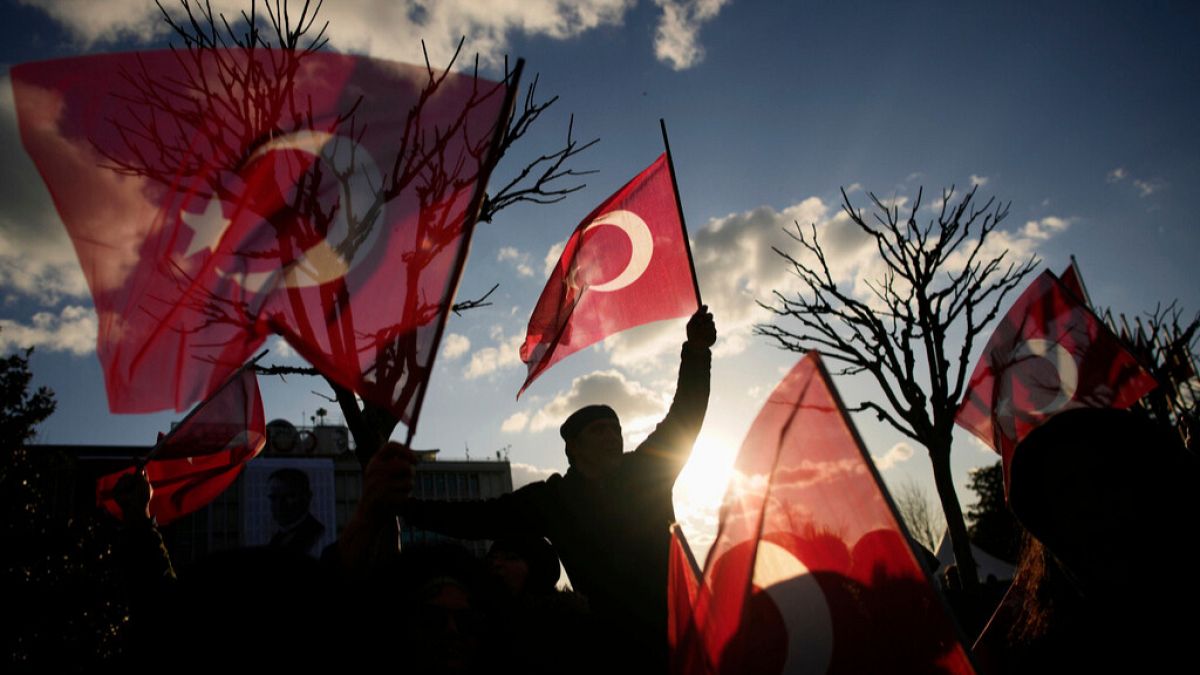What does France’s political crisis mean for the EU?

France is grappling with a debt burden of 3.3 trillion Euro — more than 114 percent of GDP — while its politics remain paralysed.
Servicing that debt costs tens of billions each year, and ratings agency Fitch recently downgraded the country’s credit outlook.
Political instability has deepened the problem. Following historic far-right gains in the 2024 European elections and losses for President Emmanuel Macron’s centrists, a snap legislative vote produced a hung parliament. The left emerged largest, centrists second, and the far right third — but no bloc commands a majority. In two years, France has cycled through five prime ministers, with the latest, Sébastien Lecornu, taking office in September after his predecessor was ousted over mooted austerity cuts to try and bring the debt levels down.
Analysts warn that without political stability, France cannot credibly tackle its deficits or play a strong role in the EU. Some on the left propose a wealth tax on the richest households to reduce the debt levels, though critics say it risks capital flight.
France has only weeks to present a credible budget. Its choices will reverberate far beyond Paris — shaping not just its own future, but that of the European Union.
Watch the video above to understand exactly what’s going on.














































